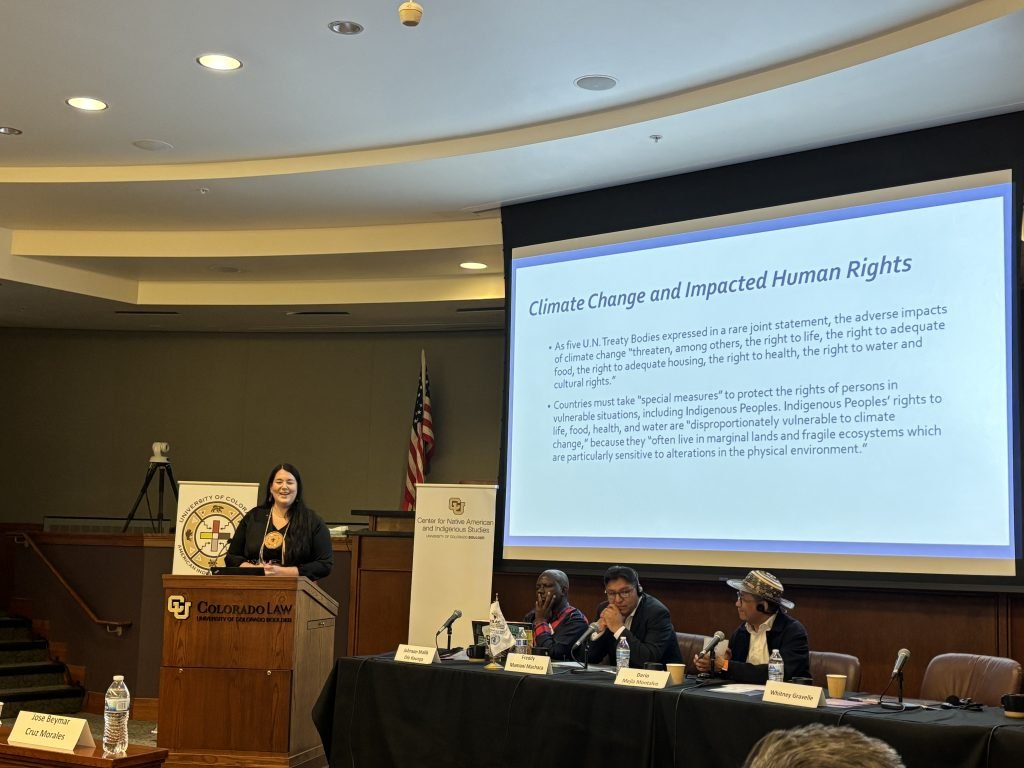
Tool Kits
-

Securing Indigenous Peoples' Right to Self-Determination: A Guide on Free, Prior and Informed Consent
Guide Supports Indigenous Leaders to Develop FPIC Protocols and Secure Self-Determined Priorities of Communities
-

Due Diligence Questionnaire for FPIC
Questionnaire provides a list of considerations for investors seeking to implement best practices as to operationalizing the Free, Prior and Informed Consent (FPIC) of Indigenous Peoples regarding development of resources on and near their lands and territories. This includes use and development of all resources including, but not limited to, land and marine resources, and intellectual property.
-

Background Information
Indigenous Peoples’ Rights in the Transition to the Low Carbon Economy
-

Climate Fact Sheet
Increasing consciousness of the advancing climate crisis and its worldwide effects is giving rise to a political and economic transformation, involving a move away from fossil fuels to so-called “green” energies. This process is also known as the energy transition. The current technological solutions for the energy transition require a particularly large amount of minerals and metals.
-

Toolkit: Indigenous Peoples’ Rights in the Transition to the Low Carbon Economy
The following toolkit and resources are meant to support Indigenous leaders, investors, shareholders and other stakeholders to increase awareness of the risk the green economy poses to Indigenous Peoples without their participation and full consideration and integration of their rights in solutions towards a just transition.
-

International expert group meeting on the theme “Indigenous Peoples in a greening economy”
The International Expert Group Meeting on “Indigenous Peoples in a Greening Economy” was held January 23–25, 2024 at the University of Colorado Boulder. The meeting was organized by the Indigenous Peoples and Development Branch of the UN Department of Economic and Social Affairs (DESA). The theme was recommended by the UN Permanent Forum on Indigenous Issues (UNPFII) and endorsed by the Economic and Social Council (ECOSOC)
